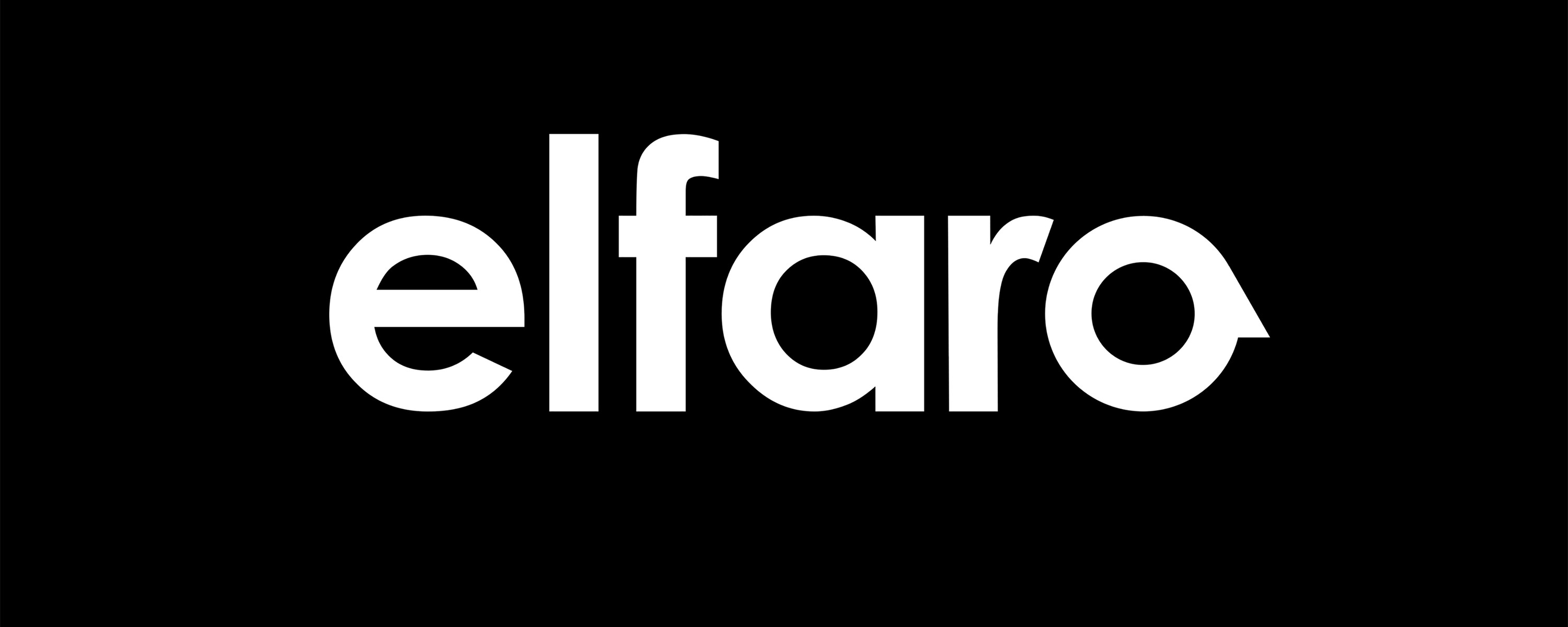For the 25 years since its birth, El Faro has operated as a private Salvadoran company under the administrative name Trípode S.A. de C.V. That phase has now come to a close. El Faro has a new home.
As of April 1, El Faro is registered under the non-profit Fundación Periódica in San José, Costa Rica. We will continue doing journalism in El Salvador and our main newsroom will remain there, but our administrative and legal operations will not. We are still a Central American news outlet, but one now based in San José.
This is the culmination of a monthslong process driven by the lack of conditions for our company to remain in El Salvador.
The dismantling of democracy, the lack of checks and balances on the exercise of power of a small group of people, the attacks against press freedom, and the shuttering of all transparency and accountability mechanisms gravely threaten Salvadorans’ right to be informed while considerable public resources are allotted to disseminating propaganda and disinformation.
Under the government of Nayib Bukele, campaigns originating in Casa Presidencial have sought to defame and discredit El Faro and its employees. We have faced physical surveillance and threats, Pegasus spyware attacks, harassment of advertisers, and defamation from public officials and ruling-party legislators. The president even used state television and radio to falsely accuse us of money laundering. But, above all, we are responding to and appealing multiple Treasury Ministry audits and fabricated criminal accusations in different administrative forums and courtrooms despite the fact that in El Salvador there is no longer a separation of powers.
What chance for legal defense is there when the president makes accusations without evidence and controls the entire judicial apparatus and the three branches of government?
Before we learned of the widespread use of Pegasus software to spy on our communications, the Inter-American Commission on Human Rights had already issued precautionary measures in February 2021 to 34 members of El Faro.
In April 2022, the Bukele-controlled Legislative Assembly approved a law threatening with prison time the publication of material allegedly replicating gang messages, in an effort to stop journalists from reporting on the secret negotiations between the president and the country’s three main gangs. As part of those talks, the government committed to not extradite gang leaders to the United States in exchange for them lowering the homicide rate and supporting the election of Nuevas Ideas candidates in the 2021 legislative elections.
El Salvador has now spent more than a year under a state of exception in which multiple constitutional guarantees have been “provisionally” eliminated.
Regional governments are increasingly criminalizing journalism in their process of accumulating power and weakening democratic institutions and civic movements. Autocrats don’t tolerate alternative narratives.
In Guatemala, a dozen journalists face criminal charges and the president of elPeriódico, a newspaper that denounced serious corruption cases in the current administration, has been imprisoned on accusations of money laundering in a process plagued with irregularities. The attacks against the press have intensified as powerful political, economic, and military groups are taking control of the judiciary.
Honduras is the lowest-ranked on the press freedom index in Central America. The arrival of a new government in 2022 did not usher in grand changes for journalism. Following the steps of El Salvador, President Xiomara Castro decreed a state of exception and weakened the mechanisms to protect at-risk journalists.
Nicaragua is an even more perverse case. The Ortega dictatorship closed all the news outlets critical of him. Today, his is the only country on the continent without a print newspaper. A dozen journalists and news organization employees have been stripped of their citizenship and more than 200 journalists try to report today from exile.
Since 2019, El Salvador has joined the list of governments who see independent journalism as an enemy and have eliminated any guardrails to act with impunity. The country no longer enjoys the right to legitimate defense and public officials’ will is placed above the law.
That is why El Faro moved its legal registration out of the country. As a new home, we chose Costa Rica, a Central American neighbor where there is still a separation of powers and respect for the rule of law.
We did so to legally protect El Faro, which has been a frontline of attack for a government obsessed with hiding its under-the-table negotiations, its corruption, and its arbitrary handling of public accounts. Again: We moved our administrative operations, but our newsroom will continue working in El Salvador. We will not stop reporting in the country historically at the center of our coverage.
That is to say that our journalism is not going anywhere. We changed to continue working independently, critically, and less exposed to the arbitrariness of the Bukele regime. We leave as a way to stay.
This is also another step toward our regionalization, expressed more than 15 years ago in our core editorial proposal: “With a Central American and universal calling, we denounce violence, poverty, inequity, censorship, and all forms of corruption, abuse, and impunity.”
We also stated our purpose in helping construct a better Central America. Today, more than ever in our 25-year history, that desire is being threatened.
As we said then: “We want a peaceful and more democratic Central America rooted in the exchange of ideas, inclusion, justice, accountability, equal opportunity, and creativity. Thus, we give our readers intellectual tools to form a better society.”
That is still our wish.

